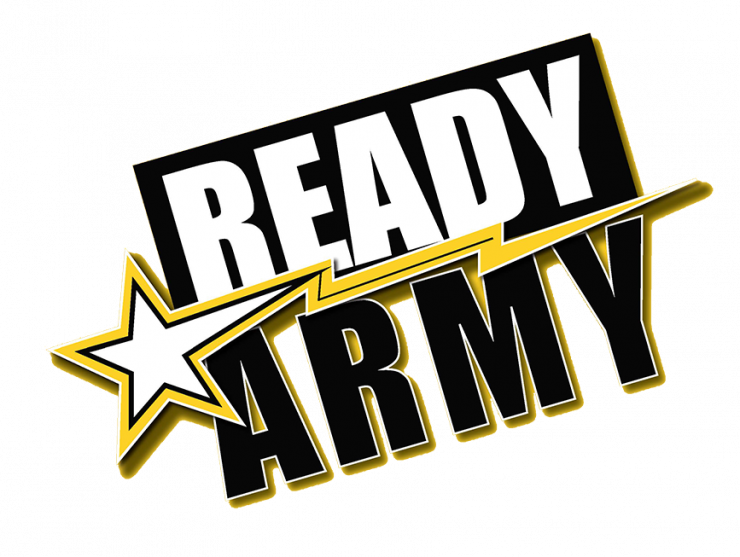
BUILD A KIT
When disaster strikes, emergency responders address the most critical needs and may not be able to get to an area until it is deemed safe. While they work on behalf of the entire community, it is your responsibility to ensure your Family’s well-being during times of crisis. Emergency kits are essential tools for meeting that challenge. When disaster strikes, emergency responders address the most critical needs and may not be able to get to an area until it is deemed safe. While they work on behalf of the entire community, it is your responsibility to ensure your Family’s well-being during times of crisis. Emergency kits are essential tools for meeting that challenge.
To prepare your Family for an emergency, get one or more emergency kits that include enough supplies to meet your essential needs (see list below-not all inclusive) for at least three days. Think reusable and multi-use. A metal bowl can do double duty as a cup and saucepan. A brightly colored poncho can be used as water repellent clothing, a marker and two together can create a temporary shelter. Keep a kit at home and consider having kits in your car and at work. These kits will enable you and your family to respond to an emergency more quickly. Your various emergency kits will be useful whether you must evacuate or shelter-in-place. Check with your local officials for any other specific items that should be included in your kit. Be sure to rotate your items periodically, ensuring nothing is expired when the need comes.
Suggested basic items to consider for a home emergency kit:
- Water—at least one gallon per person per day for at least three days
- Food—nonperishable food for at least three days, consider items that do not require cooking and will maintain freshness for several months such as energy bars, freeze dried foods and dehydrated foods
- Formula and diapers for any infants
- Food, water, other supplies and documents for any pets
- Manual can opener
- Flashlight, NOAA (National Oceanic and Atmospheric Administration) battery-powered weather radio, battery-powered cellphone charger and extra batteries or hand crank powered devices
- First aid kit and prescription medications
- Sanitation supplies such as moist towelettes, disinfectant and garbage bags
- Important documents in watertight packaging—personal, financial and insurance—store copies in a separate location (safety deposit box, relatives, or trusted friend)
- Your family emergency plan, local maps and your command reporting information
- 5-Gallon bucket with plastic bags for use as a portable toilet
- Cash in small denominations
Additional items can be essential for those stationed abroad:
- Passports
- Birth abroad certificate for children born overseas
- Cash in local currency
- Card with local translations of basic terms
- Electrical current converter
- Know the Army Information Hotline number for assistance 1-800-833-6622
Suggested basic items to consider for a home emergency kit:
- Fire extinguisher
- Any tools needed to turn off utilities
- Matches in a waterproof container
- Manual can opener
- Metal or plastic bowl
- Coats and rain gears
- Sleeping bags or other bedding
- A weather-appropriate change of clothes for each person
- Books, games, puzzles, toys and other activities for children
- Batteries and cell phone chargers

